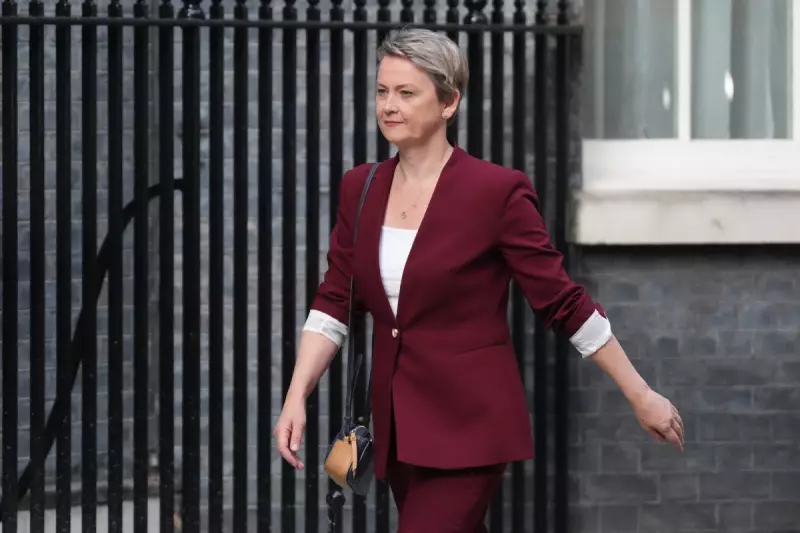
Britain's Shadow Home Secretary Yvette Cooper has issued a stark warning about deteriorating security in the Western Balkans, highlighting what she describes as a dangerous power vacuum being exploited by Russian and Chinese interests.
In an urgent address to Parliament, the senior Labour figure revealed that Serbia is rapidly increasing its military capabilities with support from both Moscow and Beijing, while North Macedonia faces what she termed "severe political challenges" that threaten regional stability.
Growing Threat to UK National Security
Cooper didn't mince words when explaining the direct implications for British citizens. "This isn't just a distant regional issue," she emphasised. "The instability in the Balkans creates real security threats that reach directly to our shores in Britain."
The shadow minister pointed to several concerning developments:
- Serbia's significant military expansion with Russian and Chinese backing
- Political turmoil in North Macedonia threatening democratic institutions
- Organised crime networks exploiting regional instability
- Increased risk of terrorism and illegal arms trading
Call for Immediate Government Action
Cooper challenged the Conservative government to explain what concrete measures they're taking to address what she called "one of the most pressing security challenges facing Europe today."
"We cannot afford to be complacent while hostile states extend their influence in such a strategically important region," she told MPs. The Labour frontbencher stressed that the UK, with its historical ties and diplomatic weight, must play a leading role in stabilising the situation.
Broader European Concerns
The warning comes amid growing anxiety across European capitals about Moscow's continuing influence operations in the Balkans. German officials have separately expressed concerns about what they see as Russia's deliberate efforts to destabilise the region.
Cooper's intervention signals that Labour is preparing to make national security a key battleground in the coming general election, positioning themselves as vigilant guardians of Britain's interests abroad.
With the government yet to respond in detail to these specific concerns, all eyes will be on how ministers address what appears to be an escalating crisis on Europe's doorstep.





